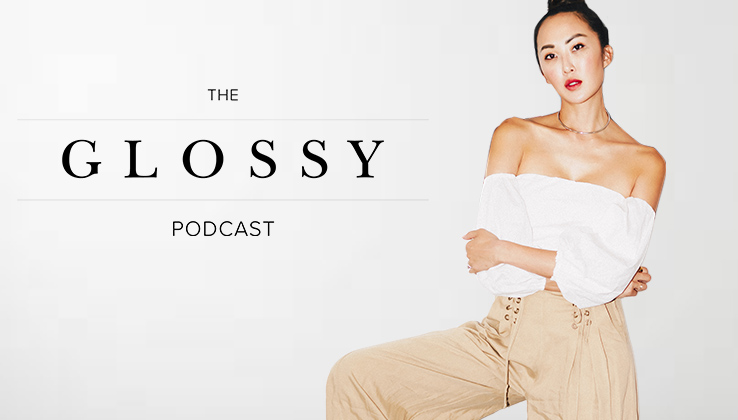Chriselle Lim launched her blogger and influencer career on YouTube in 2010, creating videos centered on makeup tutorials and style advice. Since then, her face has been closely tied to her brand as she’s built her Instagram following (@ChriselleLim now has 1 million followers) and her lifestyle blog, The Chriselle Factor.
As her brand has matured, though, Lim has come to realize that her business can’t always be centered around her likeness.
“I have a daughter now, and we’re growing our family. I realized as an influencer, it’s demanding on your physical schedule,” said Lim, who’s 32 and started her YouTube channel at 25. “You have to be at certain places and always be traveling. For me, to grow in this space, I needed to get more creative than … relying on my own being as my brand.”
In October, Lim launched Cinc Studios, a production company that takes on brand clients, particularly in the luxury fashion and beauty industries, to help them create digital content that appeals to the Instagram-obsessed generation of young customers. Unlike other mega-influencers, like Danielle Bernstein and Michelle Phan, Lim didn’t look to expand her brand, and her revenue, by launching a product line. With this new business, Lim can divide her duties between the production company, where she’s behind the scenes, and The Chriselle Factor, where she’s the face.
Lim joined us on the Glossy Podcast to discuss the path to longevity for influencers, the thing she wishes brands knew about influencer partnerships and the forthcoming micro-influencer shakeout. Edited highlights are below. For the full interview, be sure to listen and subscribe to the Glossy Podcast.
On building a production company through her personal brand:
The idea for Cinc Studios came together when brands started reaching out to Lim for references of photographers and videographers she’d worked with, not realizing that Lim’s site, The Chriselle Factor, employed them all. She said she realized early on that, to build a real brand, she would have to surround herself with professional editors and photographers. That eventually grew into a 10-person business, so when brands came knocking, she decided to legitimize the team into Cinc Studios.
“Early on, I realized I was only able to do so much by myself. Speed was really important, as you know, in the digital world, where one day is equivalent to one year. I knew that I needed people on my side available to me at all times,” said Lim. “On the brand side, there’s a real need for digital production and content creation, and people didn’t realize that I already had all these employees.”
On brands’ obsession with ROI:
When Lim is working with a brand through Cinc Studios, she’s helping them figure out how to communicate to a new generation of customers through social content and campaigns. This is where brands call the shots. But when she’s working with them through her personal brand, she wishes brands would trust influencers more to manage longer-term partnerships.
“If brands want to see immediate return — and they do; I always hear, ‘What’s the ROI?’ — they have to understand the influencer world. It’s not going to happen overnight,” said Lim. “You always wish there was a quick fix, but brands that understand the investment in long-term relationships with influencers will see that ROI. You have to give it time.”
On all that #sponcon:
In the fall, Lim drew attention after news got out that she had turned down an exclusive partnership with a massive beauty brand (that was never disclosed) worth $1 million. If she had gone through with it, it would have been the biggest influencer-brand partnership contract yet. But the lack of freedom to share her opinion on a wide variety of products would hurt her brand, she said, and she believes that the people who take on any partnership regardless of authenticity will be burned.
“There are people who will say yes to everything, and that won’t do justice for anyone — the followers, themselves, the brand. I’m seeing more sponsorships with micro-influencers than ever before, and they may or may not be organic,” said Lim. “Are they being authentic and real? No one can answer that but themselves. There will be a shakeout, eventually. It’s going to come down to content and trust.”




